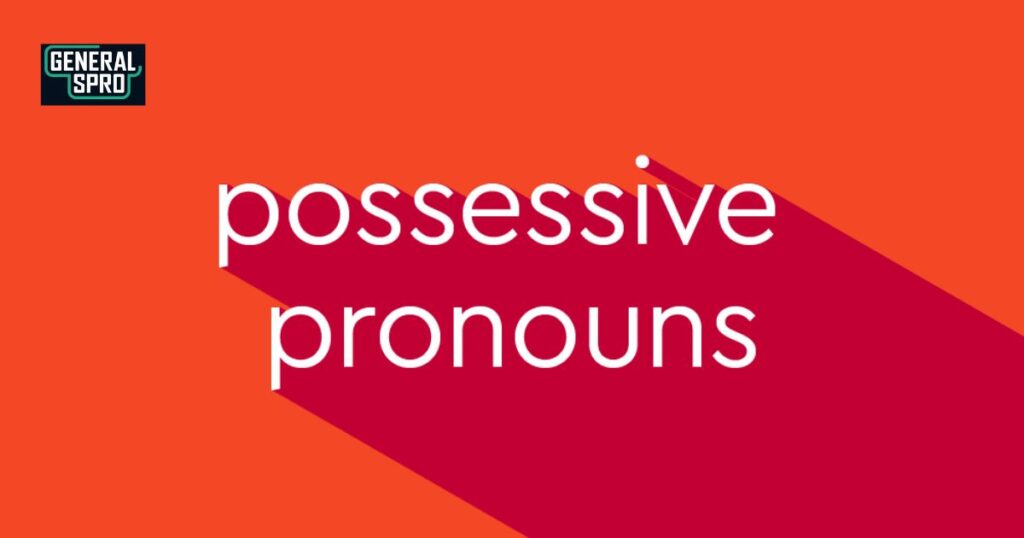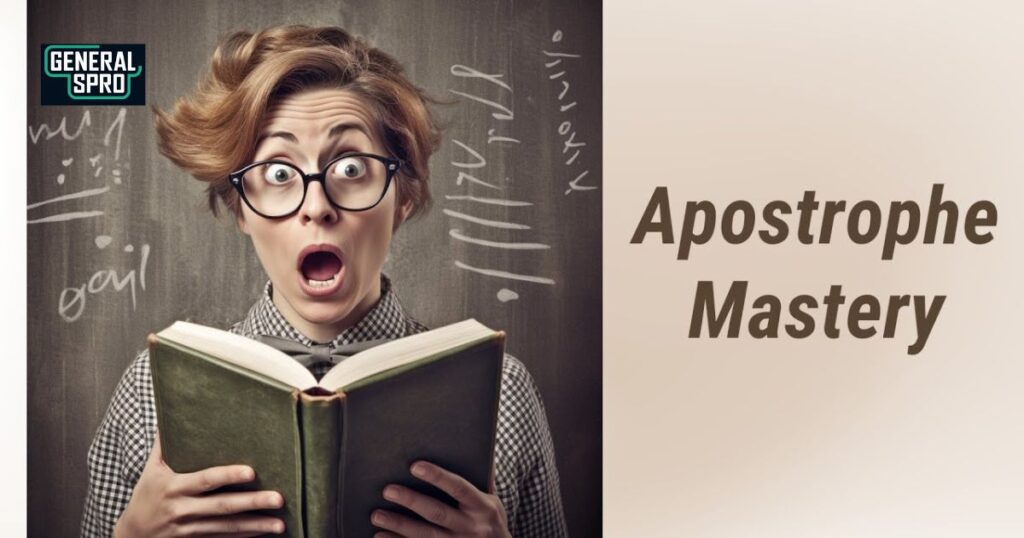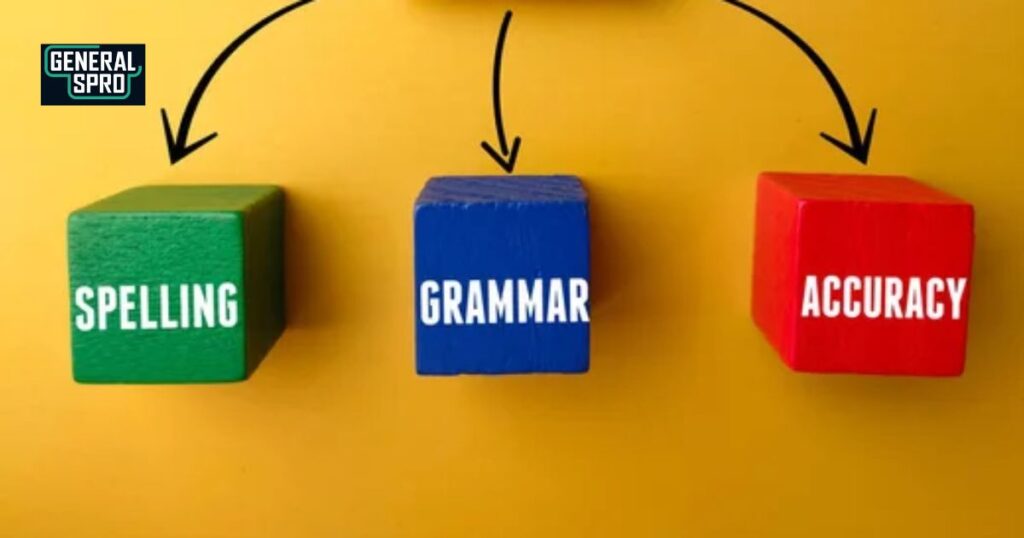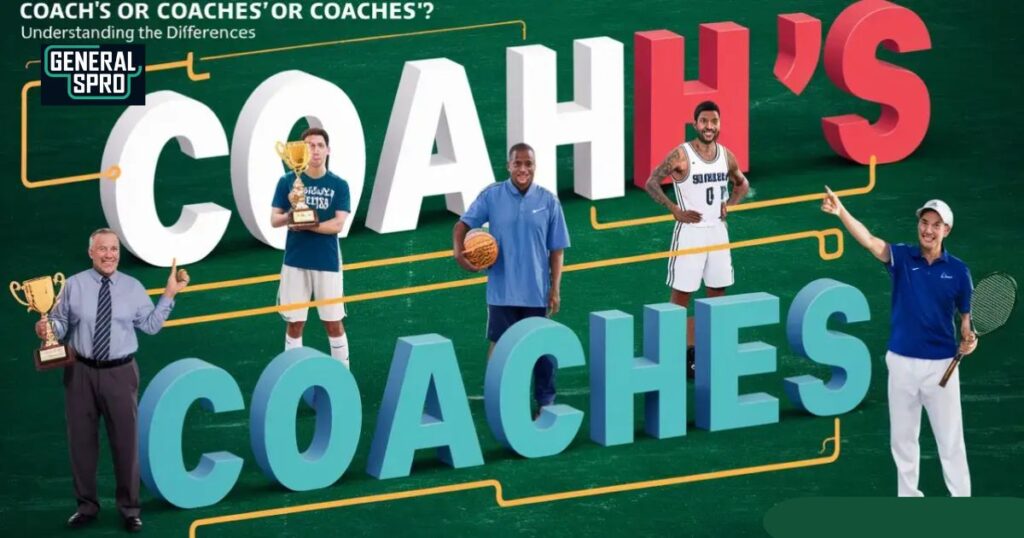Clear communication matters in professional settings, and understanding the proper use of possessive forms can significantly affect how your message is received.
Regarding the word “coach,” many writers struggle with choosing between coaches, coaches, and coaches.
In this comprehensive guide, we’ll explore each form, explain their proper usage, and provide practical examples to help you master these essential grammar rules for possessive forms.
Coach’s (Singular Possessive Form)
The singular possessive form “coach’s” indicates that something belongs to one coach. Understanding proper apostrophe usage in English is crucial for mastering this form.
When we add an apostrophe and s to “coach,” we create a possessive noun that shows ownership by a single individual.
Scenario Example: Email
Consider this common workplace scenario: “The coach’s feedback needs to be submitted by Friday.” In this example, we’re referring to feedback from one specific coach, making the singular possessive form the correct choice.
This demonstrates proper punctuation and showcases how the English possessive case works.
Explanation
The formation of singular possessives follows a straightforward rule: add an apostrophe and s to the singular noun. This rule applies regardless of whether the singular noun ends in s, which often confuses. For example:
- The coach’s whistle (belongs to one coach)
- The coach’s office (used by one coach)
- The coach’s team roster (maintained by one coach)
Coaches (Plural Form)
The plural form “coaches” indicates more than one coach without showing possession. This form is essential when discussing multiple coaches in general terms, representing a fundamental aspect of singular vs. plural nouns.
Scenario Example: Team Meeting
“The coaches gather every Monday for strategic planning.” Here, we’re referring to multiple coaches without indicating ownership, demonstrating the proper usage of coaches without an apostrophe. This example helps clarify the grammatical meaning of coaches in its basic plural form.
Explanation
To form the plural of “coach,” we add “es” because the word ends in “ch.” This follows standard English pluralization rules.
Understanding this basic plural form is crucial before tackling plural possessives in grammar, as it forms the foundation for more complex usage.
Coaches’ (Plural Possessive Form)

The plural possessive form “coaches'” shows ownership by multiple coaches. This form combines plural nouns with possession, requiring careful apostrophe placement examples to master its proper use.
Scenario Example: Training Program Report
“The coaches’ collective expertise has shaped our training methodology.” This example shows ownership by multiple coaches, demonstrating proper grammar rules for possessives in a professional context.
Explanation
To form the plural possessive of “coach”:
- First, make the word plural (coaches)
- Then add an apostrophe after the s
This process results in “coaches'” and represents ownership by multiple coaches, showcasing how to use apostrophes correctly in more complex situations.
Key Differences and How to Remember Them
Understanding the differences between these forms requires attention to both quantity and possession. Here’s a helpful breakdown:
Form Meaning Example
Coach’s One coach owns something The coach’s decision
Coaches Multiple coaches (no possession) The coaches meet weekly
Coaches’ Multiple coaches own something The coaches’ agreement
Why It Matters in Professional Communication
Professional credibility often hinges on proper grammar usage. Whether you’re writing reports, emails, or official documents, using the correct form shows attention to detail and professionalism.
Common grammar mistakes in these forms can create confusion or diminish the impact of your message.
Practical Tips for Using Coach, Coaches, and Coaches
To determine the correct form, ask yourself these questions:
- Are you referring to one coach or multiple coaches?
- Are you showing ownership?
- What exactly is being possessed or owned?
Following this decision tree can help prevent common grammar mistakes and ensure proper punctuation in writing.
Examples to Clarify Each Form Further
“Please forward the coach’s evaluation form to HR by the end of the day.” This example demonstrates the singular possessive form coach in typical workplace communication.
Team Report Example: Using “Coaches”
“All coaches must submit their certifications by next month.” This shows plural vs. possessive usage without indicating ownership.
Newsletter Example: Using “Coaches'”
“The coaches’ combined experience totals over 50 years.” This exemplifies plural possessives in grammar within a professional context.
The Evolution of Coaching Terms in Professional Settings
The terminology around coaching has evolved significantly in professional environments. Modern workplace dynamics have transformed how we reference coaches and their roles, making precise language more critical.
Understanding these linguistic nuances helps maintain clear communication channels in both educational and corporate settings.
Mastering Apostrophe Rules in Professional Writing

Professional writing demands precision, mainly when dealing with possessive forms. The apostrophe, while small, carries significant weight in conveying meaning.
Understanding its proper use helps avoid miscommunication and maintains professional credibility in written correspondence.
Digital Communication and Grammar Importance
In today’s digital age, written communication is often the first impression in professional relationships. Email exchanges, instant messages, and digital documentation have amplified the importance of proper grammar usage, especially regarding possessive forms and pluralization.
Sports Industry Standards for Coach References
The sports industry has developed specific conventions for referring to coaches in official documentation.
These standards vary across different sports organizations but maintain consistent grammatical rules that align with professional writing best practices.
Educational Settings and Coaching Terms
Academic institutions have their own set of conventions for referring to coaching staff. Understanding these nuances becomes particularly important in educational documentation, where precision in terminology affects administrative processes and official records.
Legal Implications of Possessive Forms
The distinction between different forms of “coach” can have significant implications in legal documentation.
Contracts, agreements, and official documents require precise language to avoid ambiguity and potential legal complications.
International Variations in Coaching Terminology
Global organizations often encounter variations in how coaching terms are used across different English-speaking regions. Understanding these differences helps maintain consistent communication in international professional settings.
The Role of Style Guides in Professional Writing
Professional organizations often rely on style guides to maintain consistency in written communication. These guides typically include sections addressing possessive forms and their proper usage in various contexts.
Technology’s Impact on Grammar Checking

Modern writing tools and grammar checkers have changed how we approach possessive forms in professional writing. Understanding their capabilities and limitations helps maintain accuracy in digital communication.
Corporate Communication Standards
Organizations often establish their communication standards, including guidelines for using coaching terms. These standards help maintain consistency across all corporate communications and documentation.
The Psychology of Grammar Perception
Research shows that proper grammar usage, including correct possessive forms, significantly influences how readers perceive professional competence. This psychological impact extends to both internal and external communications.
Evolving Language Standards in Professional Settings
Professional language continues to evolve, but fundamental grammar rules remain crucial. Staying current with these changes while maintaining grammatical accuracy helps ensure effective professional communication.
Writing for Multiple Audiences
Professional writers often need to address various audiences within the same document. Understanding how to consistently apply grammar rules while maintaining clarity for different reader groups is essential.
Documentation Best Practices
Establishing transparent documentation practices, including consistent use of possessive forms, helps organizations maintain professional standards and reduce communication errors.
Future Trends in Professional Communication
As workplace communication evolves, understanding fundamental grammar rules becomes increasingly important. This knowledge helps professionals adapt to new communication formats while maintaining clarity and professionalism.
FAQ’s
How do I quickly determine whether to use coaches or coaches?
Consider whether one or multiple coaches possess something. For a single coach, use “coach’s” (e.g., the coach’s whistle); for multiple coaches, use “coaches'” (e.g., the coaches’ locker room).
What’s the difference between coaches and coaches in a sentence?
“Coaches” refers to multiple coaches without showing possession (The coaches arrived early), while “coaches” shows that multiple coaches own something (The coaches’ meeting room was reserved).
Should I use coaches”coach” when referring to a team?
Yes, use “coach” when referring to a single coach’s team (e.g., “e.g., “The coach’s team won the championship). However, if multiple coaches oversee the team, use “coaches'” (e.g., “e.g., “The coaches’ teams competed well).
When writing an email, how should I address multiple coaches?
When addressing multiple coaches without showing possession, use “coaches” (Dear Coaches). If referring to something belonging to them collectively, use “coaches'” (The coaches’ schedules are attached).
Is it correct to write “the coaches’s meeting”?
No, this is incorrect. When showing possession for multiple coaches, the correct form is “coaches'” (The coaches’ meeting starts at noon).
How do I use these terms in formal documentation?
In formal documentation, maintain consistency: use “coach’s” for singular possession, “coaches” for plural reference, and “coaches'” for plural possession throughout the document.
Can I use “coach” when referring to a position title?
When referring to a specific position belonging to one coach, use “coach’s” (The coach’s position requires certification). Use “coaches” for multiple positions (The coaches’ contracts were renewed).
Should there be a space between the apostrophe and s?
No, there should never be a space between the word “coach,” the apostrophe, and the s. They should always appear together as “coach’s” or “coaches'” depending on the context.
Conclusion
Mastering the distinctions between coaches, coaches, and coaches strengthens your professional communication skills. Remember these key grammar tips for writing:
- Consider whether you’re referring to one or multiple coaches
- Determine if possession is involved
- Check your apostrophe placement carefully
- When in doubt, restructure the sentence for clarity








